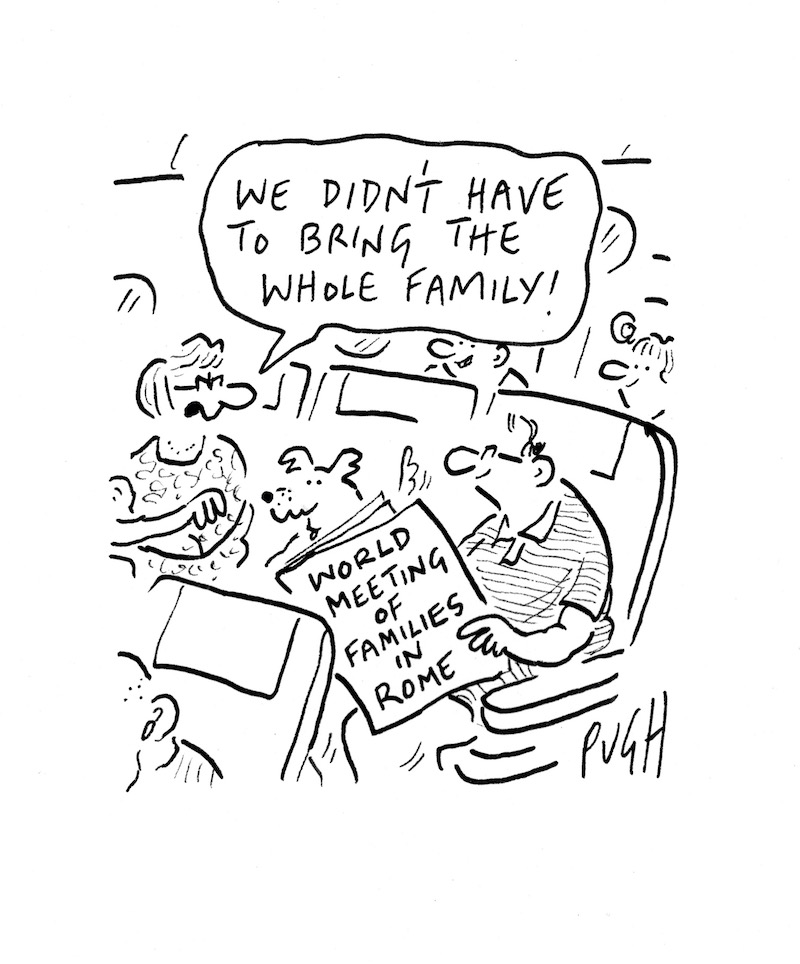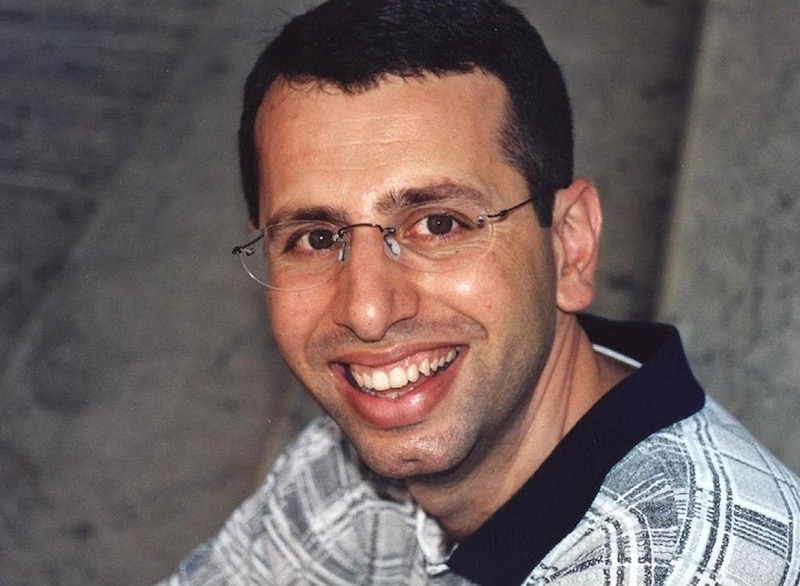Former president of Ireland, Mary McAleese, has paid tribute to Ukraine’s “heroic volunteer soldiers” for holding off better equipped and more numerous enemies with makeshift weapons so that the elderly, sick, the vulnerable, women and children could make their way to safety.
Speaking at the launch of her latest book, The 17 Irish Martyrs, in All Hallows College, Dublin, Professor McAleese hit out at the head of the Russian Orthodox Church, Patriarch Kirill, saying it was “horrifying” to hear the churchman claim divine justification for the war on Ukraine and “cite Western embrace of gay rights as evidence of a decadence that offends God and explains war”.
She described Patriarch Kirill of Moscow to the Tablet as “an unadorned apologist for Putin, his methods and ambitions” and said his credentials as a Christian leader were “debased”.
The Russian president she said was “an archetypal hyper masculine narcissistic bully” who had “created hell on earth for Ukrainians and Syrians” and it was “astonishing to see a Christian patriarch make a hero of him”.
The outpouring of help and support across Europe offered to Ukrainian refugees had been most deeply felt by the women and children forced to flee. “Their trust in the kindness of strangers, their experience of what good people can and will do for the dispossessed is a monumentally ethical story, the sheer decency of which will be remembered when Putin and his ignominy are forgotten,” she said.
At the launch of her new book, which covers the stories of the 17 Irish martyrs beatified in 1992 for their unwavering faith at a time of religious persecution, the Chancellor of Trinity College Dublin warned: “Even as we gather, they are making more martyrs to break our hearts, to break our spirits”.
Drawing a parallel between Ireland and Ukraine she told the Tablet that the religious wars in the era of the 17 Irish Martyrs was a war of immoral, imperial, political domination by one country of another, “not unlike the attempted imperial domination of the sovereign democratic people of Ukraine by an autocratic Russia”.
She highlighted how at the time of the Irish martyrs, two of whom were bishops, a number of whom were priests and religious, and six were lay people, thousands died when cruelty “claimed divine justification”.
While studying the martyrs’ lives, what came across to her was “the sheer waste of them as a result of unnecessary conflict, but also the sheer value of them in the teeth of their miserable times”.
In her address, the professor of law suggested that it was necessary to “deconstruct our history and our heroes and heroines in order to arrive at that common humanity which feeds truth, peace, democracy and caring societies”.
Contrary to Margaret Thatcher’s view, there was such a thing as society and it was something to be “built, defended and protected and grown in the teeth of an individualistic narcissism that would make us systemically careless of one another, that would make heroes of people who create hell on earth.”
Elsewhere in her launch address, Professor McAleese highlighted that the last four of the 17 martyrs whose stories are told in her book were all priests executed between 1642 and 1654 for simply being Catholic priests and engaging in priestly duties.
The martyrs were unique in their ability to transcend the violence of their times, and for their insistence on their freedom to believe as they chose. Their capacity for forgiveness spoke to her of the loving, forgiving, figure of the crucified Christ.
“Today, people still die for their faith,” Professor McAleese highlighted and spoke of the long and persistent history of persecution endured by the Jewish people. None was “more barbarous, more debased than the genocide visited upon them in the twentieth century and in which Christian including Catholic antisemitic teaching played an ignominious role”.
Among the stories not taught was the history of the oppression of Jews in the papal States, including forced baptisms and shocking kidnappings of Jewish children.
She suggested that Iraqi priest, Fr Ragheed Ganni, a Chaldean Catholic who was killed along with three sub deacons in 2007, should be considered an adopted Irish martyr because of his links with Ireland.
She recalled meeting him on a pilgrimage on Lough Derg and later begged the young priest not to return to Iraq but to stay in the safety of Rome for the million-strong Chaldean community which was disappearing down to a hundred thousand in the sectarian violence that consumed his homeland.
“But no, he had to go home. People needed Mass, the sacraments, burials, marriages, Confession. They needed a priest. I told him he sounded just like Dermot O’Hurley one of the 17 Irish martyrs who also could have stayed in the safety of Rome in the safety of academic life but instead came home to certain martyrdom. Ragheed knew just as Dermot O’Hurley did what lay ahead.”
Kidnapped and tortured coming out of Trinity Sunday mass on 3 June 2007 in Mosul, Fr Ganni is remembered in the pantheon of Irish martyrs celebrated in the magnificent mosaic work of Marko Rupnik SJ in the apse of the chapel of the Pontifical Irish College in Rome where he had been a student.
“He did not seek martyrdom. It found him as he knew it might, and he lit a candle in the dark of violence with the light of his life. His priestly stole now surrounds the relics of Saint Oliver Plunkett and rests on the altar in the Irish College. The cause for his beatification and canonisation has opened in Rome.”
The “17 Irish Martyrs” by Mary McAleese is published by Columba Books at £14.99 (Tablet Bookshop price, £13.49, telephone 020 7799 4064)



 Loading ...
Loading ...